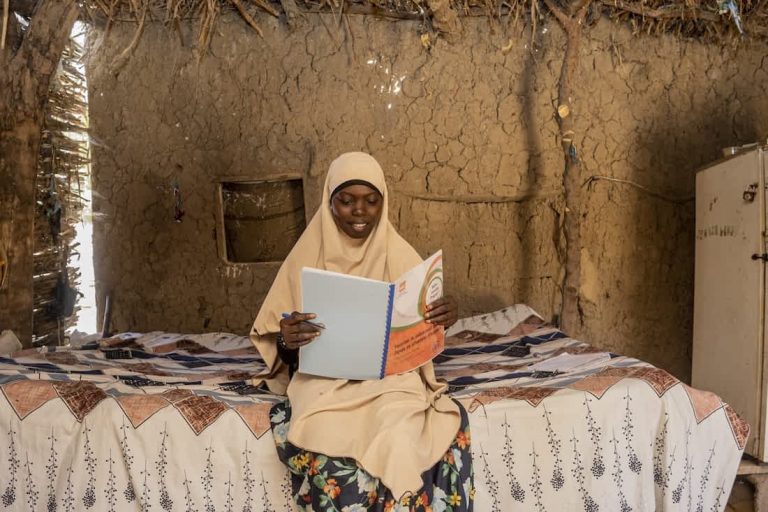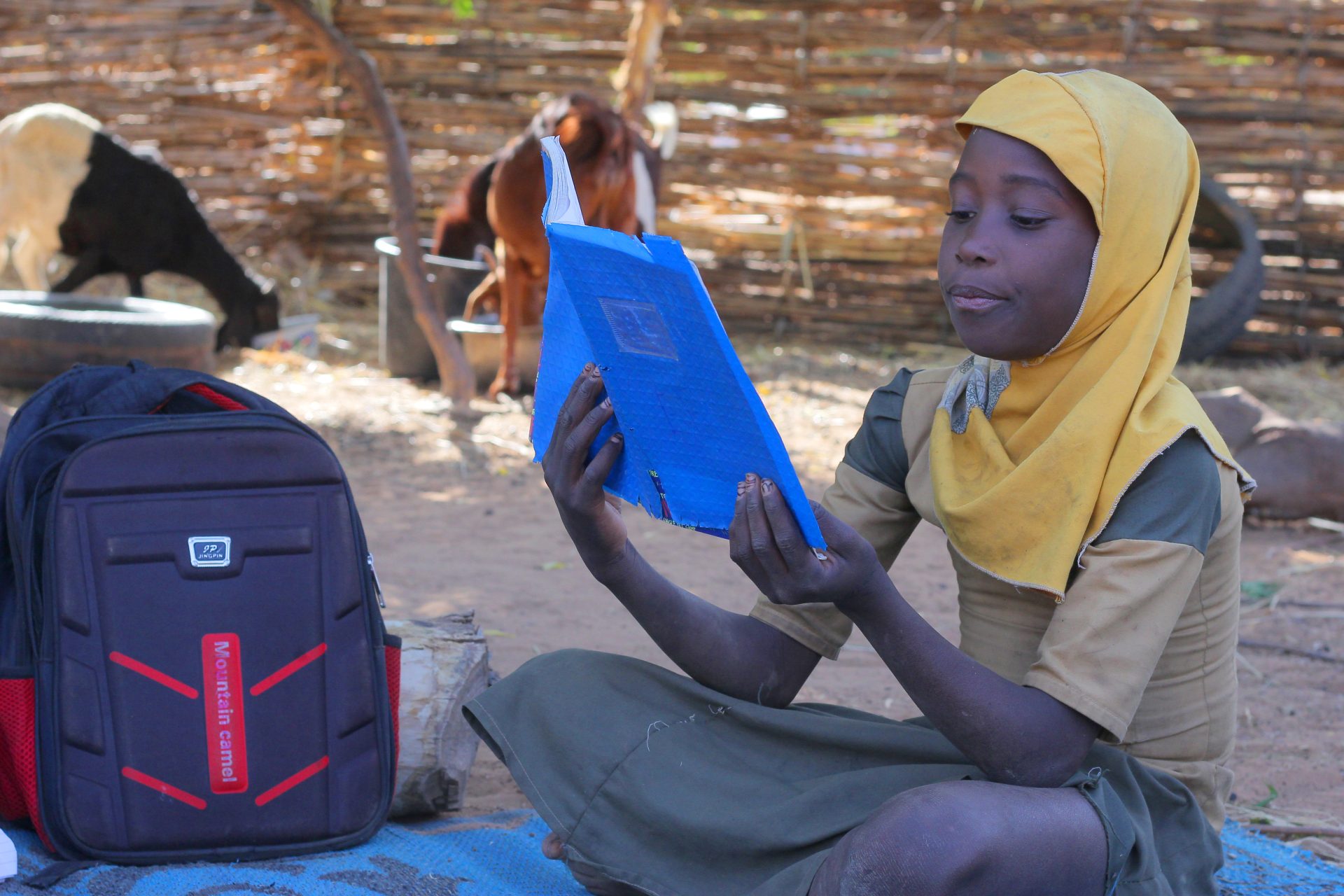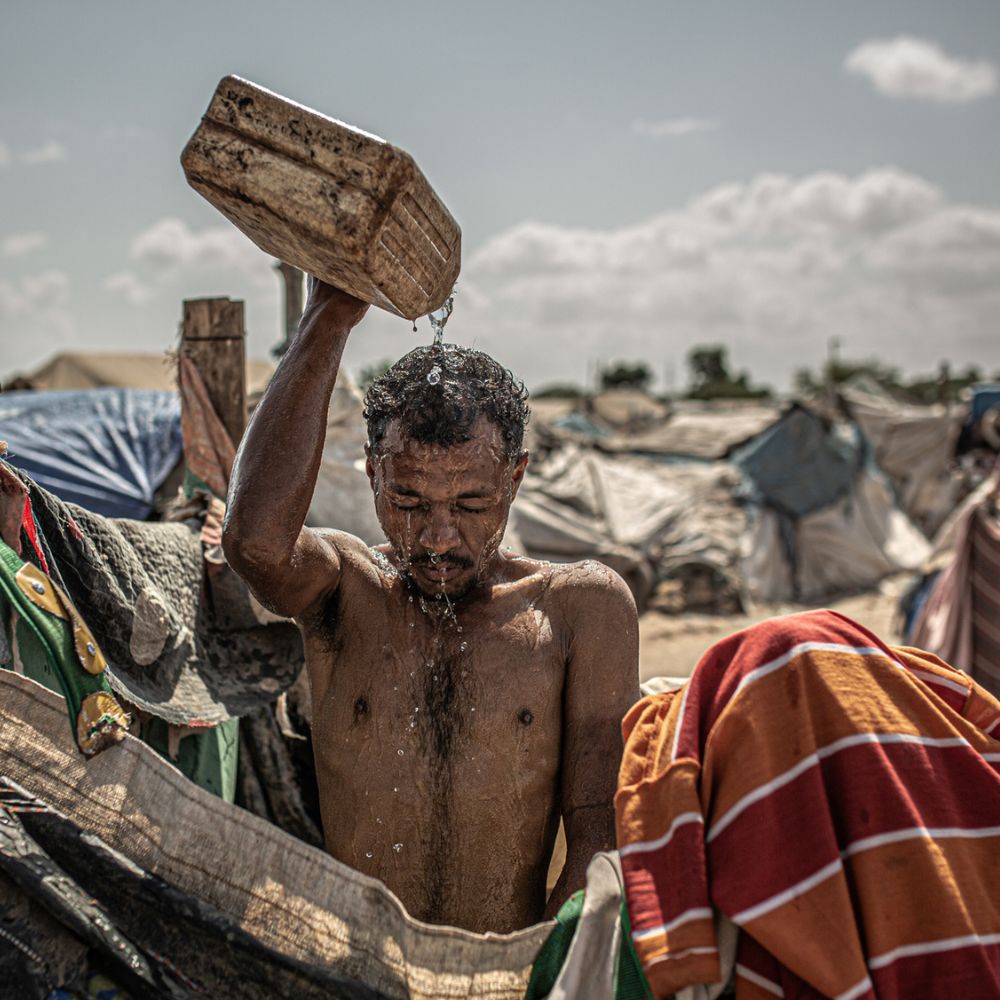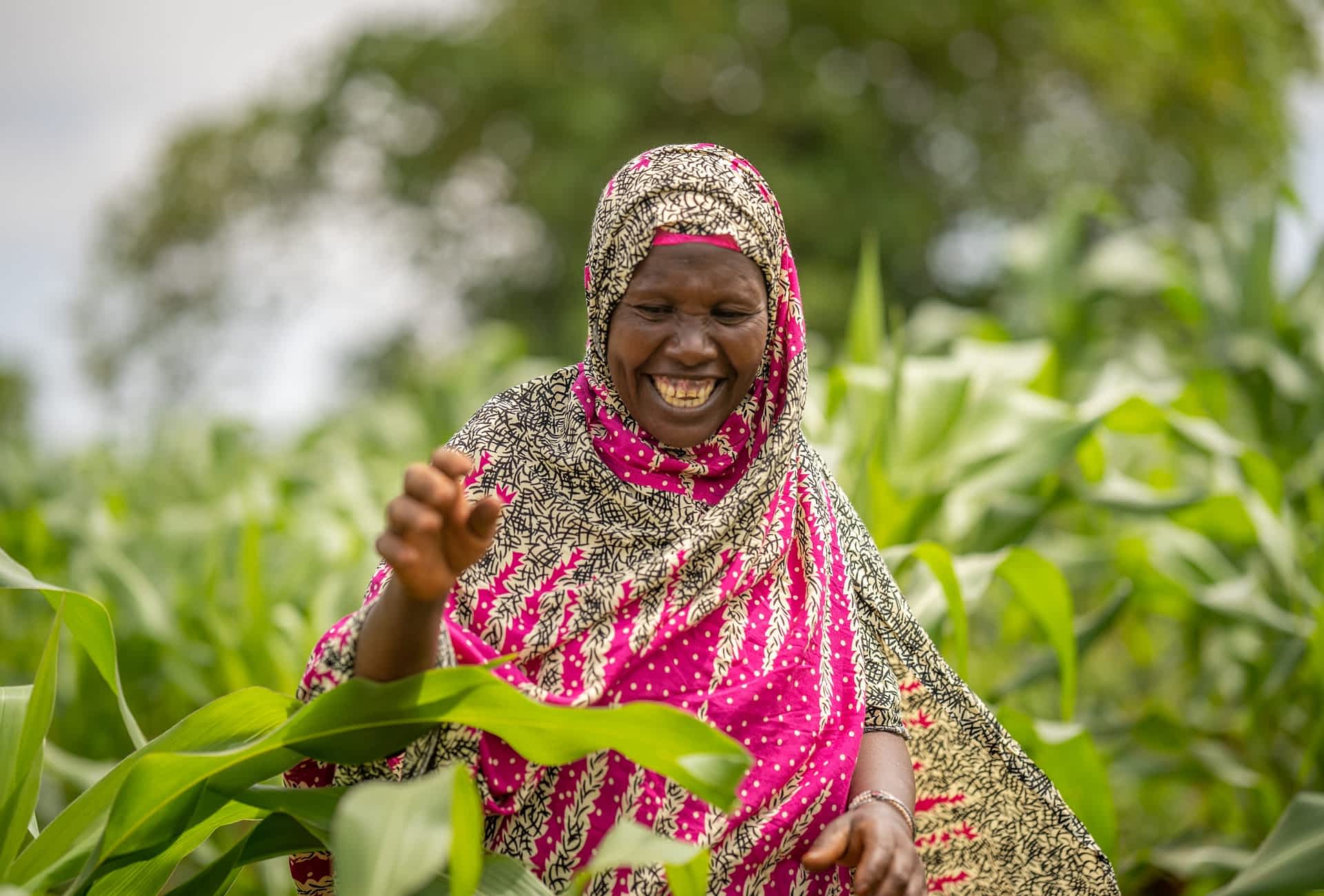
Education creates active citizens
Education empowers both individuals and communities, reducing inequalities between men and women, the rich and the poor, and the powerful and the powerless. For people from marginalized groups, education offers a pathway to greater opportunity and active participation in society.
554 million
children and youths are not attending school globally
12 million
girls are annually pulled out of school to get married
0,6%
of all funds for education goes to the poorest globally
60+ lande
countries where Oxfam work for free quality education
Transformative Education as a Driver of Equality
High-quality public education is one of the most powerful tools for creating a more just and equal world. It not only empowers individuals with knowledge and skills, but also acts as a social equalizer that can bridge divides across gender, class, ethnicity, and geography. However, when education systems are underfunded, commercialized, or structurally unequal, they can entrench the very injustices they are meant to challenge.
When Education Deepens Inequality
Across the globe, educational opportunities are shaped by wealth and privilege. Children born into affluent families often have access to elite private schools, personalized support, and extensive extracurricular opportunities that reinforce inherited advantage. In contrast, children from low-income families—particularly girls—frequently face significant barriers just getting through the school gate. Millions are pulled out of school early, especially in contexts of poverty, conflict, or fragile governance.
Educational inequality is not inevitable—it is driven by political choices. When governments fail to invest adequately in public education or allow commercialization to dictate access and quality, they undermine the potential for social mobility. The result is a system where privilege reproduces privilege and disadvantage becomes entrenched across generations.
Education is a human right and one of the most important conditions for long-term development.
Oxfam Denmark
Quality Education for All: A Catalyst for Change
Oxfam Denmark believes that inclusive, resilient, and gender-transformative public education systems are essential to realizing a more equal and democratic world. We work with local partners across fragile and stable contexts, supporting teachers, students, parents, and civil society to strengthen the quality and inclusiveness of education systems.
We fight for:
- Free, publicly funded education that meets the needs of every learner.
- Greater domestic and international investment in education at all levels, including vocational and technical training.
- Gender-transformative curricula that challenge stereotypes and enable all students to thrive.
- Increased participation of young people, women, and marginalized groups in educational governance and policy-making.
What Quality Education Looks Like
Parents across the world want the same for their children: a safe learning environment, competent and well-prepared teachers, and relevant education that opens doors to a better future. But in many regions, especially rural areas of Latin America and Africa, these expectations are unmet. Teachers may not speak the local language, class sizes may be too large, and schools may lack basic resources.
For Oxfam Denmark, quality education means:
- Well-trained and supported teachers.
- Instruction in students’ mother tongues.
- Inclusive and culturally relevant curricula.
- Educational content that fosters critical thinking, citizenship, and human rights awareness.
Your donation can change lives
Oxfam Denmark collaborates with and supports grassroots organizations worldwide in demanding quality education for all. And we experience improvement.
The number of children and young people attending school is steadily increasing, but unfortunately the quality is not keeping up and far too many children, young people and adults in the world still cannot read and write. The right to a good education requires political changes.
The right to education for marginalized groups

Teaching and schooling bring hope – even for older generations – and are an investment in a better future. That is why Oxfam Denmark is committed to ensuring that children and young people in post-conflict societies are given the opportunity to exercise their right to education. School can’t wait.
Children and young people growing up in communities affected by recurring conflict, war, or natural disasters are among the most vulnerable people in the world. Very often, they have no access to schooling. Perhaps the schools have been destroyed. Perhaps they never existed. Perhaps the teachers have fled – or were never there in the first place.
Rebuilding communities with education
To rebuild a society hit by disaster, it is crucial that all children and young people receive education and schooling. We know that school attendance reduces the risk of children being recruited as child soldiers or trafficked into prostitution or forced labor.
We also know that education has a positive impact on health and well-being – particularly for young girls. Access to relevant education equips children and youth to realize their potential and contribute to rebuilding and stabilizing society.
Since 2002, Oxfam Denmark has worked with education in post-conflict countries such as Angola, Sierra Leone, Liberia, and South Sudan. We have trained teachers in modern teaching methods, so that students experience school as a place of positive learning where everyone is included. We have offered short, intensive primary education programs that allow youth who missed out on school due to war and conflict to catch up and move forward with their lives.
What is quality education?

There is a strong link between prosperity and access to quality education. In wealthy countries, the level of education is generally high. In many low-income countries, it remains alarmingly low.
This disparity has serious consequences for development. Poor education makes it harder for people to claim their rights, escape poverty, and actively participate in the democratic development of their countries.
Education is a foundation for change
It is essential to critically examine the content and quality of education offered in low-income countries. Education that fails to empower learners can perpetuate inequality and limit future opportunities. That is why Oxfam Denmark works with grassroots organisations across the world to demand quality education for all.
Progress is being made – more and more children and young people are attending school. But unfortunately, quality is not keeping pace, and far too many people worldwide still leave school unable to read and write. The right to a good education requires political change and long-term investment.
Reaching the most marginalised
Oxfam Denmark focuses on ensuring that the most vulnerable and marginalised girls and boys, women and men have their right to education fulfilled. This includes people living in conflict zones, child labourers, ethnic minorities, and other groups at risk of exclusion.
What parents expect – and what is missing
Most parents want their children to receive a good education. When they send them to school, they expect a teacher to be present, well-prepared, and able to teach in a safe and supportive environment. In short, they expect their children to receive a quality education.
This is not always possible. In many Latin American and African village schools, the teacher does not speak the students’ language. In some areas, there is a lack of trained teachers, adequate teaching materials, or class sizes are far too large for effective learning.
Oxfam Denmark’s definition of quality education
We believe that quality education includes:
- Well-educated teachers who apply professional, participatory, and context-relevant pedagogical methods
- Mother tongue instruction that respects linguistic diversity and enhances understanding
- Bilingual and intercultural education that promotes inclusivity and mutual respect
- Teaching materials that reflect learners’ everyday lives while providing academic challenge
- Curricula that prepare learners to become active citizens, including themes such as democratic participation, rights, environment, sex education, and health
- Parent participation in administrative and political decisions regarding their children’s schooling
- Accountable authorities that understand their responsibility and ensure that education budgets benefit all planned activities for children, youth, and adults
Our contribution
To help make this type of quality education a reality, Oxfam Denmark and its partners support:
- Teacher training
- Education for girls and women
- Vocational education for youth
- Adult education
- Curriculum development
- Pedagogical innovation and reform
We believe that everyone deserves the chance to learn – and that learning can be a catalyst for both personal and societal transformation.
How Oxfam Denmark work for quality education for everyone
- We advocate for transformative education that empowers students to challenge existing power structures and social norms. Our aim is to equip learners with the tools they need to shape a more just and sustainable world.
- We demand sustained national and international investment in education to guarantee that every child and young person has access to school, regardless of their background or circumstances.
- We work to ensure that education actively confronts and dismantles harmful gender norms and stereotypes, creating equal opportunities and bright futures for girls and boys alike.
- We support parents in building the knowledge and confidence needed to engage in decision-making processes concerning their children’s education at both administrative and political levels.
- We strive to enhance the quality of education so that all children and young people not only acquire basic literacy and numeracy skills but also learn to think critically, act creatively, and assert their rights.
- We hold authorities accountable for fulfilling their responsibilities and insist that public budgets allocated for education are used transparently and effectively—to benefit all planned learning initiatives for children, youth, and adults.

